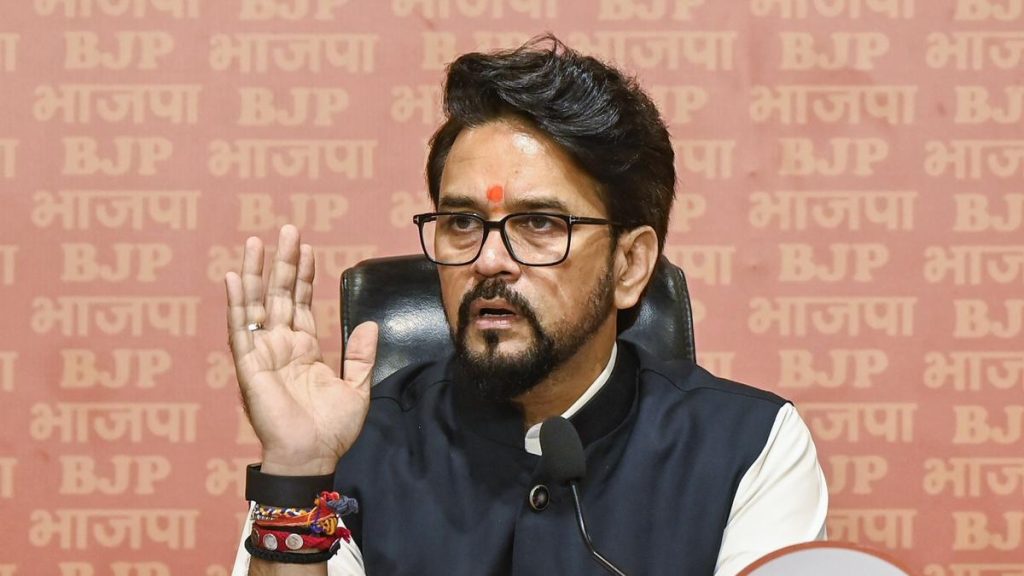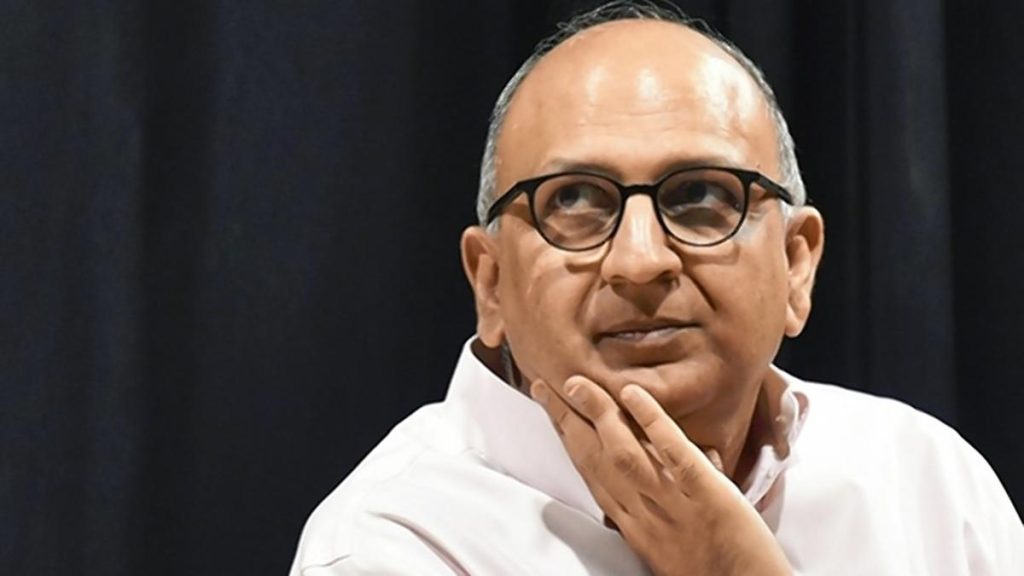Now Reading: India’s Strategic Pursuit of AI Excellence
-
01
India’s Strategic Pursuit of AI Excellence
India’s Strategic Pursuit of AI Excellence

Rapid Summary:
- India’s AI Mission: Launched last year to foster innovation, supported by a budget of ₹10,300 crore over five years.
- Infrastructure and Innovation: Focus on building high-end computing facilities with 18,693 GPUs and an open GPU marketplace for startups, researchers, and students.
- Global AI Investment Rankings: India ranked 8th globally in private AI investments for 2023 ($1.39 billion), compared to the US ($67.22 billion) and China ($7.76 billion).
- Patent Contribution: India contributes only 0.23% of global AI patents; China leads at 61.13%.
- AI Startups Growth: India’s ecosystem expanded with the addition of 45 new startups in 2023 but remains service-oriented rather than deep-tech driven.
- Workforce Development Programs: Includes Future Skills Prime initiative offering courses in AI and technologies like AR/VR but lacks school-level integration of AI education.
- Brain Drain Issue: From 2015-2022, India saw significant talent migration (1.3 million people) due to better career opportunities abroad.
Indian Opinion Analysis:
India’s progress towards becoming an AI powerhouse demonstrates ambition yet faces critical gaps that need addressing for sustained global competitiveness in the field. While government initiatives like infrastructure development and skill programs lay essential groundwork, they cannot independently drive transformative innovation without stronger private-sector participation-both through investments and collaborative R&D programs. India’s lower ranking in private investment highlights potential areas where corporate engagement can bridge existing deficits.
The absence of early-stage educational integration hinders long-term prospects as foundational knowledge is vital for producing future innovators capable of competing with countries like China that are embedding structured curricula as early as primary school levels. Furthermore, brain drain exacerbates domestic skill shortages necessary to propel research-led advancements within India’s borders-a concern requiring targeted incentives from companies to retain top talent.
Strategically mitigating these challenges-and ensuring cohesive efforts between government policies, private industry involvement, academic collaborations-could help position India more favorably in emerging global technological dynamics centered on artificial intelligence.
























